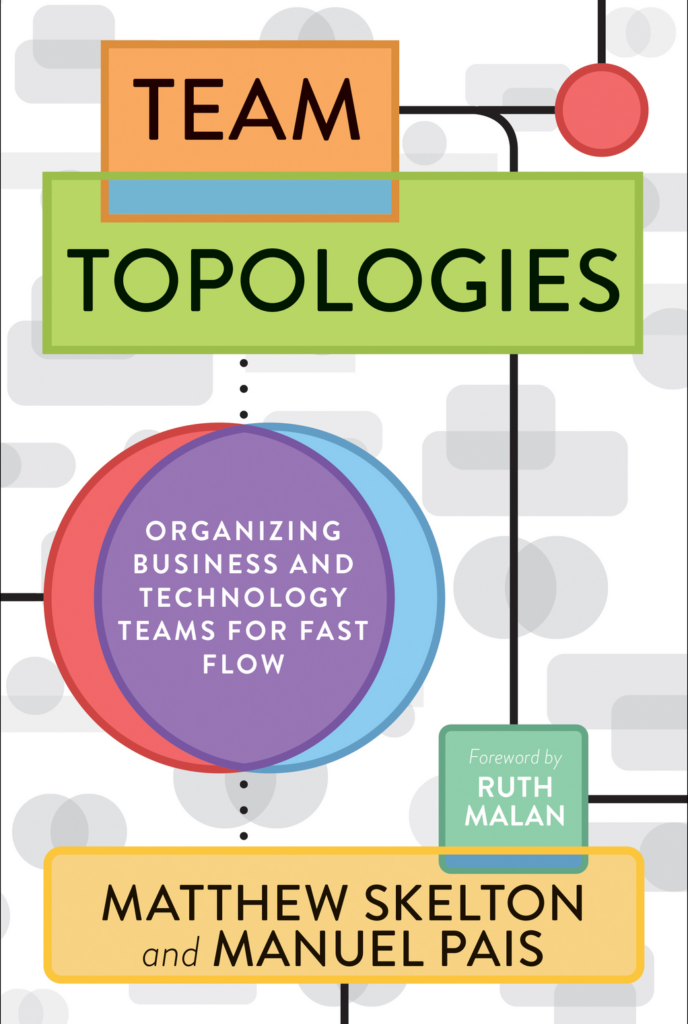On 27th March, I attended the first Fast Flow Conference in the Netherlands. It was a whole day event around the topic: Team Topologies. There were quite amount of presentators who shared their journeys about in their business. The program was so full, they had to divide the presentations into two different hall so that I had to choose between halls. At some point I was going from one hall to another. At the end they shared all the recordings with me so I could watch the ones that I could not attend.
It was an event starting from 09:30 to 17:30 and heavily informative. At the end, I was overwhelmed with all those experiences and happy to collect all book advise 🙂
Team Topologies
According to their website:
Team Topologies is an approach to designing team-of-teams organizations for fast flow of value.
The approach is based on years of research across many organizations from different industries, different sizes and different technological backgrounds. It addresses the most dreaded challenges in technology:
- How to maintain or even accelerate speed of value creation while scaling the organization?
- How to evolve an architecture along with the evolution of the organization and avoid that one becomes a blocker for the other and a blocker for the growth of the business?
The approach provides a pattern language and a thinking model, which allows you to identify the team-of-teams design most appropriate for the target architecture and fast flow of value.
As you can see, they are trying to optimize one of the modern organization challanges: flow. But what is flow anyway?
Flow
In the context of the book, flow means delivering the work smoothly and continuously. It is all about bringing the value to the user/customer as short, fast, robust as possible. This is not a new challenge itself. For years scientists or businessmen are trying to find an ultimate solution for the same problem. We have heard many of them such as Lean, Kanban, Agile, DevOps, SaFE etc. In fact, they all are effective frameworks however there is no one framework solves it all! Those are solutions to different problems. Therefore we also need to understand what Team Topologies tries to solve and how?
Ideally each organization/team or process should be optimized specifically based on its needs. We need to understand all those frameworks and then apply them when needed.
I already ordered a copy of the book, and looking forward to read it.

I will share more when I read the book further and learn from it.